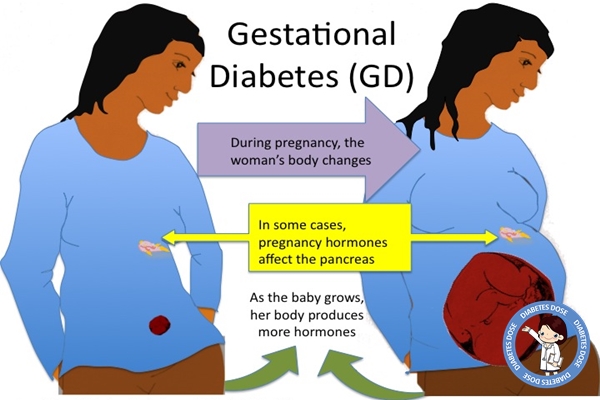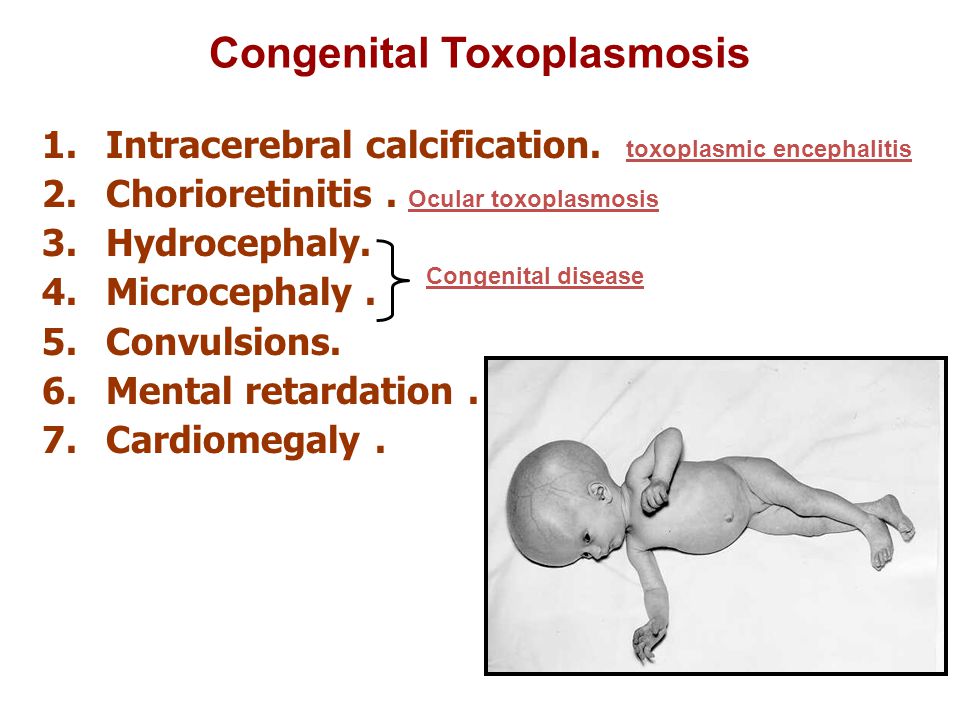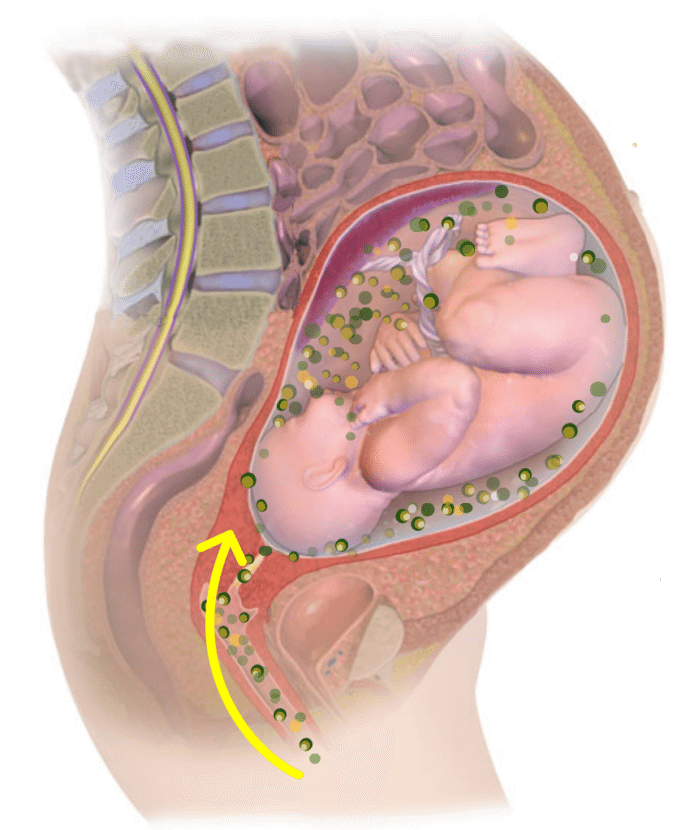Coping with gestational diabetes
3 Tips to Cope with Gestational Diabetes for Every Mom-to-Be
If you’ve been diagnosed with gestational diabetes, it can feel scary.We have put together some key facts about the condition and helpful tips you can use to stay healthy throughout your pregnancy.
What is Gestational Diabetes?
According to the American Diabetes Association, gestational diabetes is a condition found in women with high glucose levels during pregnancy but have never been diagnosed with diabetes before.
The most recent research shows that 6-9% of pregnancies today are affected by gestational diabetes.
While no one knows the exact cause of the condition, some doctors believe the hormones that help the baby develop also block insulin from being absorbed by the mother’s body. This type of insulin resistance is commonly found in patients diagnosed with prediabetes.
How will Gestational Diabetes affect your Baby?
This is often the burning question on the minds of most mothers-to-be. The good news is, you can relax.
Physicians at Mayo Clinic say gestational diabetes often occurs after the baby’s body is formed, greatly reducing the possibility of birth defects.
However, it’s necessary you take special care to keep your sugars under control. Sugar levels that are too high for too long can lead to a condition called macrosomia (newborn with high birth weight), which causes babies to experience high insulin levels and difficulty breathing at birth.
Just remember, well-controlled sugars do not lead to this. New studies have shown that babies with excess insulin in their bodies are more likely to develop type 2 diabetes when they grow up.
Healthy-living Tips for Coping with Gestational Diabetes
Because gestational diabetes can affect you and your baby, it’s necessary to begin treatment immediately. Start by talking to your doctor. It can help put your mind at ease and allow you to develop a personalized plan for your diabetes management.
Start by talking to your doctor. It can help put your mind at ease and allow you to develop a personalized plan for your diabetes management.
Healthy Eating:
One of the most important things you can do after being diagnosed with gestational diabetes is to develop and maintain a healthy eating plan. By talking to your doctor or diabetes educator, you’ll learn how to create a healthy balance of carbohydrates, lean proteins, and fresh produce in order to keep your sugar in control.
Stay Active:
In addition to eating well, it’s necessary to keep up with a regular exercise routine. Low-impact activities, such as walking, swimming, or stationary cycling, are all healthy options that help you stay fit during pregnancy. Doctors recommend you get at least 30 minutes of activity, 5 days per week.
Monitor Sugars:
You’ll also want to make sure your glucose levels stay within a healthy range. You and your doctor should discuss what this means for you. The American Diabetes Association recommends testing your blood glucose before meals and 1 hour after you finish eating.
Summary Know that you aren’t alone. Being diagnosed with gestational diabetes can be scary, but you should remember that your partner, family, friends, and doctor are all on your team.
When you feel alone or confused, reach out to a loved one for support. You can also research local support groups to get in touch with other mothers-to-be experiencing the same challenges as you.Disclaimer: Any information provided is not intended as medical advice. Iowa Diabetes is not responsible for any information from third parties.
Ask a Question on Diabetes
Popular Posts
- Problem Solving
- Diabetes
- Taking Medication
- Situations
- Being Active
One of our caring team members can help answer your question.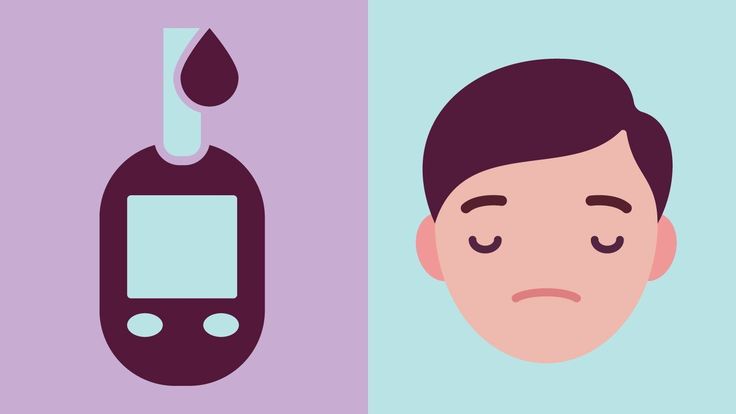
Please enter your first name.
Please enter your last name.
Please enter a valid phone number.
Please enter a valid email address.
Please enter a valid question.
Have questions? Call us at (515) 329-6800 or email us at [email protected].
to our Diabetes Learning Hub!
Please enter your first name.
Please enter your last name.
Please enter a valid email address.
Please enter a valid phone number.
Type of Diabetes*Type 1Type 2OtherUnknown
Please select the type of diabetes you have.
State*IowaAlabamaAlaskaArizonaArkansasCaliforniaColoradoConnecticutDelawareDistrict Of ColumbiaFloridaGeorgiaHawaiiIdahoIllinoisIndianaKansasKentuckyLouisianaMaineMarylandMassachusettsMichiganMinnesotaMississippiMissouriMontanaNebraskaNevadaNew HampshireNew JerseyNew MexicoNew YorkNorth CarolinaNorth DakotaOhioOklahomaOregonPennsylvaniaRhode IslandSouth CarolinaSouth DakotaTennesseeTexasUtahVermontVirginiaWashingtonWest VirginiaWisconsinWyoming
Please select a valid state.
By submitting details Iowa Diabetes will be able to contact you or send promotional communication for new research studies, clinic & education programs.
Successfully Submitted
Talk with one of our caring team members to learn more about Diabetes Support Programs.
Please enter your first name.
Please enter your last name.
Please enter a valid phone number.
Please enter a valid email address.
Type of Diabetes SelectType 1Type 2LADAPrediabetesGestational DiabetesUnknown
Gestational diabetes and your mental wellbeing
Tommy's PregnancyHub
It’s natural to feel worried if you’ve been diagnosed with gestational diabetes. Here are some on how to ease any concerns.
Being diagnosed and treated for gestational diabetes affects different people in different ways. Some women seem to take it in their stride, while others find it very difficult.
Some women seem to take it in their stride, while others find it very difficult.
Gestational diabetes can change your pregnancy experience overnight. Some women feel anxious about the potential complications or the long-term impact of gestational diabetes. Others feel worried about the diagnosis affecting their birth plan.
Try to remember that most women who develop gestational diabetes have healthy pregnancies and healthy babies if their condition is diagnosed and carefully managed. You’ll also have extra care during your pregnancy and labour from a specialist team who you will see regularly. Don’t be afraid to ask any questions. It’s important that you understand what you need to do during your pregnancy to keep the condition under control.
“I found having gestational diabetes in my second pregnancy more overwhelming than having it in my first, as I had to do the strict diet for longer. I was diagnosed from week 5 and had my baby week 38. The need to plan what to eat or drink every day can be emotionally and mentally exhausting.
”
Kezia
Be kind to yourself
Try to be kind to yourself and recognise that you have a lot on your plate. Try to find ways to relax and accept any help from your partner, if you have one, as well as friends and family.
We have a lot of information about how to look after your mental wellbeing during pregnancy.
Asking for help
Pregnancy can be a very emotional experience. If you are feeling overwhelmed, it may help to talk to someone. Try to share your feelings with someone close to you, such as a partner, friend or relative. Remember that gestational diabetes is common - you may even know someone who has had it before who you could talk to.
If you want to speak to someone with similar experiences, Diabetes UK's Support Forum is an online community where you can share knowledge and experiences with other people with diabetes in pregnancy.
“I have to say that by being diagnosed with gestational diabetes does impact on your wellbeing.
At first I felt like I was failing, but talking to others with similar experiences helped me to feel less alone.”
Leah
Your pregnancy care team are also there to help. You won’t be judged for how you feel. They understand that it can be difficult to come to terms with pregnancy or birth experience that is different to what you had hoped for.
"I was put in a group of women with gestational diabetes. That was lovely. There was somebody just a few days ahead of me in the whole process, so she could tell me what to expect. It was really good."
Kate
You can also speak to our midwives on our pregnancy line on 0800 014 7800 (Monday to Friday, 9am to 5pm), or email us at [email protected].
Find out more about your mental wellbeing in pregnancy, including tips for improving your mental health and getting help and support.
Review dates
Reviewed: 23 July 2020 | Next review: 23 July 2023
Back to top
How to manage gestational diabetes? Valuable advice from an endocrinologist to expectant mothers
The next issue of the "Tell me doctor" program was devoted to gestational diabetes.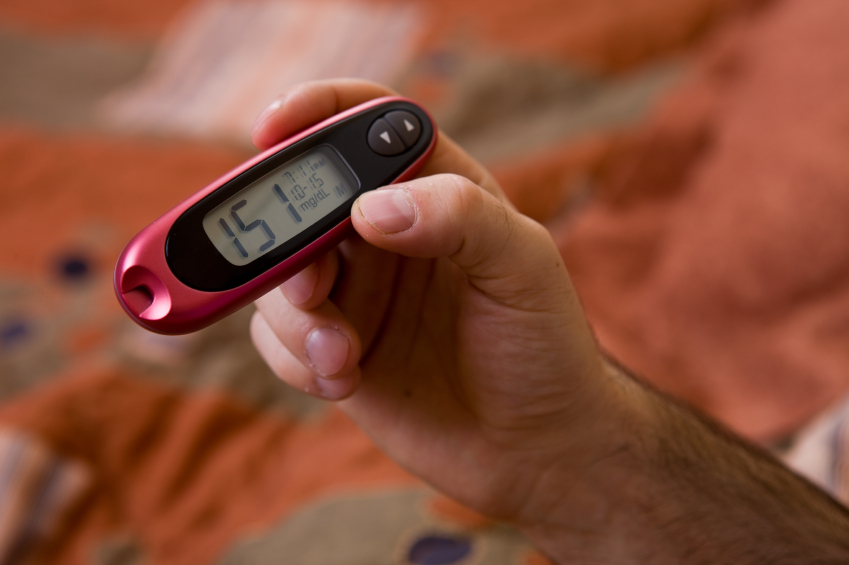
This is a carbohydrate metabolism disorder that can develop during pregnancy. It is important to diagnose it in time and take it under control. This is important for the health of both mother and baby.
Endocrinologist Oksana Kudryashova - head of the diabetology center of the Novgorod Regional Clinical Hospital told about this disease.
According to her, lately endocrinologists often encounter gestational diabetes, the number of such cases is growing. Now every tenth pregnancy occurs with GDM!
What is gestational diabetes and why does it occur?
GDM occurs characterized by an increase in blood glucose, but this increase falls outside the diabetic range. The main reason for it is that the hormones that the expectant mother produces during pregnancy contribute to the fact that her own insulin is perceived a little worse than under normal conditions. As the pregnancy progresses, insulin resistance increases.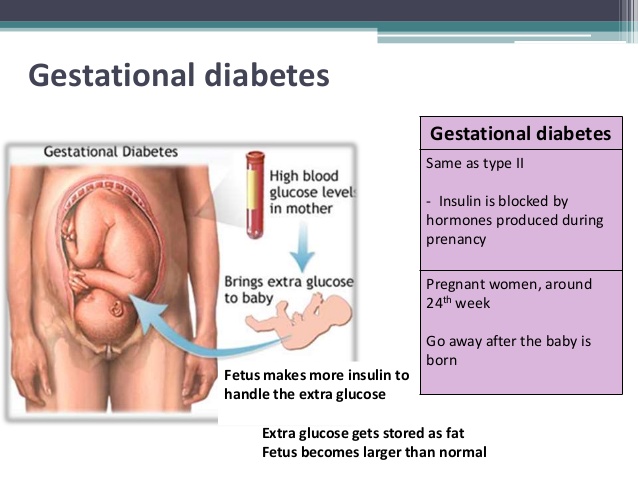 Gestational diabetes can occur at any time.
Gestational diabetes can occur at any time.
What to do after such a diagnosis?
After the diagnosis is made, the doctor always advises the patient on nutrition. It needs to be corrected. In addition, the mother needs to carry out self-monitoring using portable devices, they are available and sold in a pharmacy. A woman needs to measure blood glucose on an empty stomach, as well as one hour after each meal.
“If in one or two weeks of observation the patient reaches the target range, then there are further monitoring episodes: we look at how often we need to invite the patient. If it does not fit into the range, its indicators are higher, then we prescribe insulin therapy, because not a single hypoglycemic drug that we use to treat diabetes today can be used for gestational diabetes. Very often, patients have a question: “I am on insulin, will I be addicted?” No. Gestational diabetes occurs only during pregnancy and goes away with childbirth. True, this is a risk factor for the development of diabetes in the future, ”the expert said.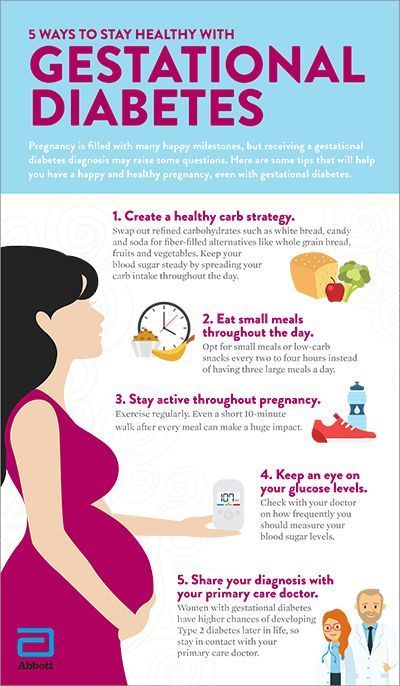
How should you change your diet and lifestyle?
“Here we always say: “You are a mother, which means you cannot starve and severely limit calories. But it is necessary to exclude those carbohydrates that very quickly increase the level of sugar, that is, quickly digestible carbohydrates.
It is definitely necessary to exclude sweet tea, sweet compotes, added granulated sugar, soft drinks, soda. It is necessary to exclude snacks with products with white wheat flour.
And you need to use carbohydrates in the diet, which are used as a building energy material. These are slow-release carbohydrates - fruits, vegetables, which contain fiber and vitamins.
Carbohydrates are distributed over three meals. The main focus is on the morning, lunch, and a little bit in the evening, ”the doctor explained.
Oksana Kudryashova emphasized:
“As soon as patients get away from a lot of carbohydrates and become active, walk, do yoga for pregnant women and go to the pool - that's enough! 95% of patients with gestational diabetes do not need insulin therapy.
They go well for nutritional corrections.”
However, it must be understood that as the duration of pregnancy increases, insulin resistance increases, so the tightening should be more pronounced.
And one more thing: it is necessary to check every two weeks whether ketones have appeared in the urine. This can be found out with the help of test strips (they are sold at the pharmacy). According to the endocrinologist, if you limit carbohydrates very sharply, then hungry ketoses may occur, which will not be very good for the baby, since ketones are toxic products.
“A woman should love herself, eat right and evenly, try to walk more and take care of herself,” the doctor added.
For more useful information, see the episode of "Tell the Doctor" hosted by Svetlana Sterligova :
Today, on August 19, the program will be devoted to the topic “Why do we need a vacation?”. A practicing psychologist-trainer, candidate of psychological sciences Larisa Alekseevna Fomenko will come to the NT studio. Prepare questions for the live broadcast, ask them in advance on our website in the comments, as well as in the VK group “Tell me, doctor”.
A practicing psychologist-trainer, candidate of psychological sciences Larisa Alekseevna Fomenko will come to the NT studio. Prepare questions for the live broadcast, ask them in advance on our website in the comments, as well as in the VK group “Tell me, doctor”.
Photo: Alexandra Khmeleva
Gestational diabetes during pregnancy | OneTouch®
Gestational Diabetes
2What causes gestational diabetes?
Doctors don't know exactly what causes gestational diabetes, but they have some ideas about it.
The placenta supports and nourishes the baby as it grows. Hormones from the placenta help the baby develop. But these same hormones also block the action of insulin, reducing its effectiveness. Gestational diabetes occurs when your body is no longer able to produce and use all the insulin it needs during pregnancy, resulting in high blood glucose levels if left untreated.
Some women are at higher risk of developing gestational diabetes. The following factors increase the risk of developing gestational diabetes:
The following factors increase the risk of developing gestational diabetes:
- Being overweight before pregnancy
- Too much weight gain during pregnancy (more than the recommended amount)
- Age over 25
- History of gestational diabetes
- Presence of diabetes in close relatives
- African American, Asian, Hispanic or Native American ancestry
How is gestational diabetes diagnosed?
Most women who receive good medical care during pregnancy are regularly screened for gestational diabetes between the 24th and 28th weeks of pregnancy. If you are at high risk of developing gestational diabetes, your doctor may test you earlier and/or more than once during your pregnancy.
As part of the gestational diabetes test, your doctor will ask you to drink a sugary drink, and you will have a blood sample taken before and after you drink the drink. If the results show that the blood glucose level at the specified time is above the recommended limits, the diagnosis of gestational diabetes is confirmed. Your doctor will tell you about a plan for treating gestational diabetes.
Your doctor will tell you about a plan for treating gestational diabetes.
Why is it important to treat gestational diabetes?
A mother instinctively protects her child. It is important for the health of both mother and child that treatment for gestational diabetes be started as soon as the diagnosis is made. If left untreated, gestational diabetes can cause problems that include the following:
- An increased chance of having a large baby weighing more than 4 kg - this condition is called macrosomia. It increases the likelihood
- complications and injuries during vaginal delivery;
- caesarean section. (K-section)
- Your baby is at high risk for preterm labor and breathing problems (respiratory distress)
- Your baby is at high risk for low blood sugar (hypoglycemia) shortly after birth
- You are more likely to have preeclampsia (high blood pressure and liver or kidney problems)
Following your doctor's instructions and carefully managing your gestational diabetes can greatly reduce your risk of developing these complications.
What to expect when diagnosed with gestational diabetes?
If you have been diagnosed with gestational diabetes:
- Your doctor will recommend a healthy carbohydrate-controlled diet and exercise. In many cases, these measures will be sufficient to control blood glucose levels throughout pregnancy.
- You may need help from a dietitian in developing a healthy eating plan. A nutritionist can teach you how to control the amount and types of carbohydrates in your food so that you can manage your blood glucose levels while still meeting the needs of your growing child. You may also be asked to keep a food journal and monitor your weight.
- You may need to check your blood glucose daily with a glucometer. Ask your doctor or diabetes consultant to recommend a glucometer that is right for you. Checking and tracking your blood glucose levels will help you and your doctor manage your gestational diabetes.
As a rule, blood glucose levels should be checked at least 4 times a day, usually on an empty stomach, and then 1-2 hours after a meal.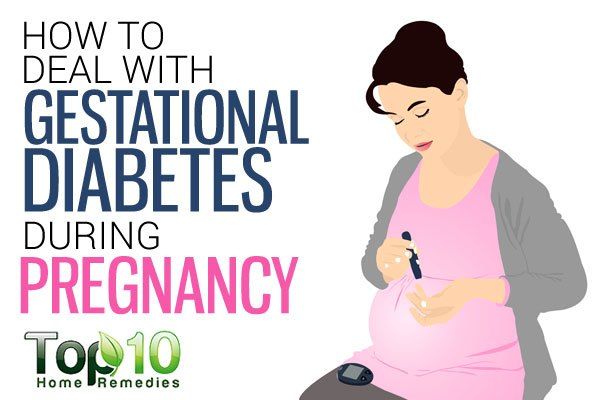 Your doctor or healthcare professional will tell you how often you should test and what your target blood glucose range is. Remember to record your blood glucose measurements, including the time and results of the test, before or after a meal, and how long after a meal the test was taken.
Your doctor or healthcare professional will tell you how often you should test and what your target blood glucose range is. Remember to record your blood glucose measurements, including the time and results of the test, before or after a meal, and how long after a meal the test was taken.
- Light exercise during pregnancy will help your body make better use of its own insulin and help control blood glucose levels. Types of exercise that can be safely performed by pregnant women include brisk walking and swimming. Talk to your doctor for advice on safe exercise during pregnancy.
At your appointment, the midwife can check your blood pressure and take a urine sample. You will also talk to your doctor about your blood glucose test results, how you eat, how much exercise you do, and how much weight you have gained. Your growing child will also be closely monitored. All this will help determine if the prescribed treatment plan for gestational diabetes is working and if it needs to be adjusted.
If dietary changes and exercise don't help control your blood glucose, your doctor may prescribe medication—pills or insulin—for the rest of your pregnancy.
Medications (pills, insulin)
Just because your doctor prescribes pills or insulin doesn't mean you can't manage your gestational diabetes. In some cases, your body may simply not be able to produce enough insulin on its own that your body needs as your baby grows. It is very important to follow your doctor's advice to protect yourself and your baby. You may be able to stop taking antidiabetic drugs after the baby is born.
If your doctor prescribes insulin to treat gestational diabetes, it can be given by injection or by other means, such as an insulin pump. Someone in your family can learn this with you and help you take your insulin as prescribed by your doctor. Fortunately, today, thanks to insulin syringes with small, thin needles, injections are virtually painless. Your doctor will tell you when and how much insulin you should take each time, and may recommend adjusting your insulin intake during your pregnancy.